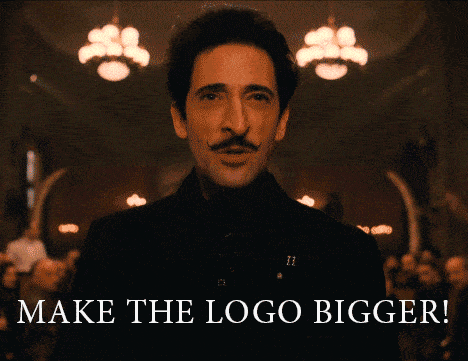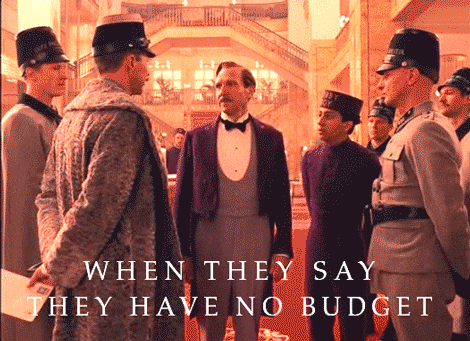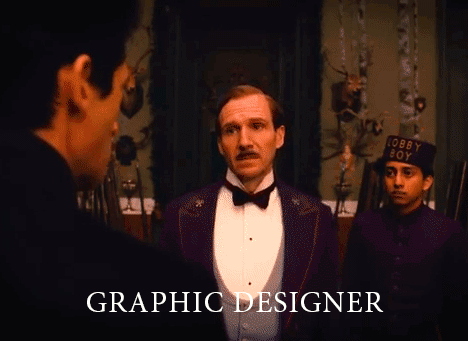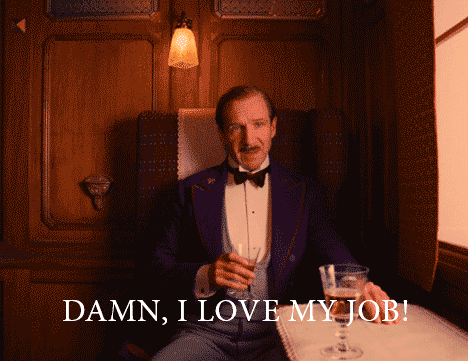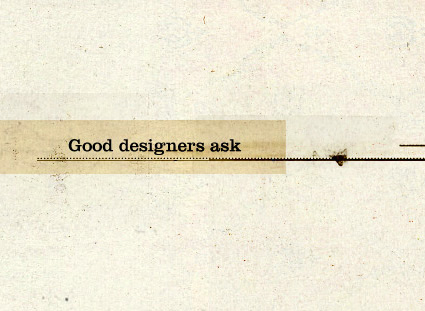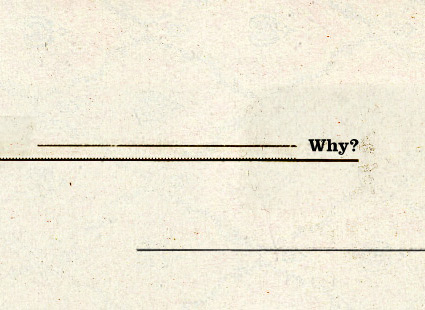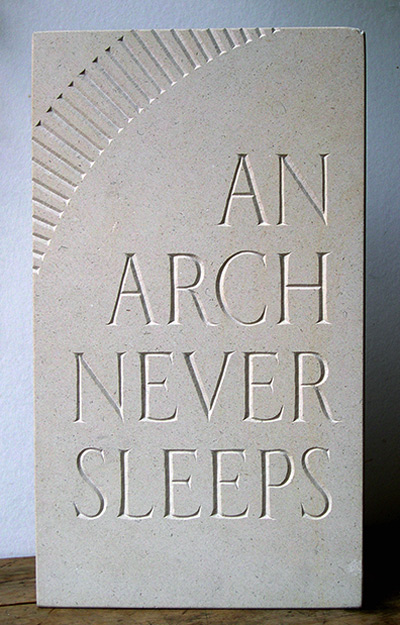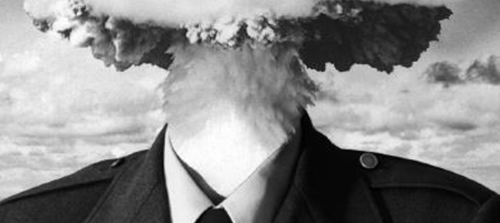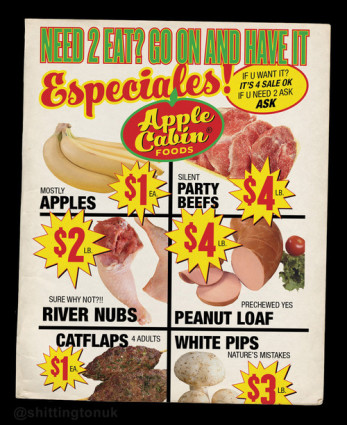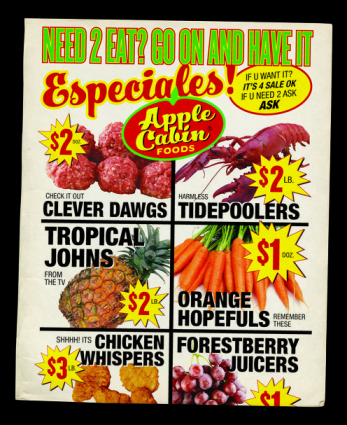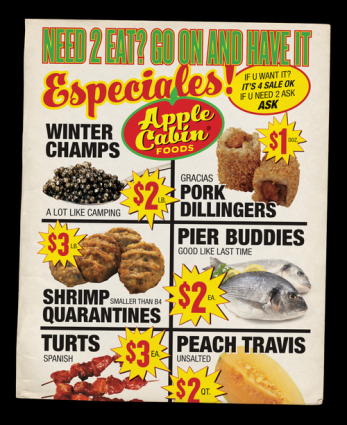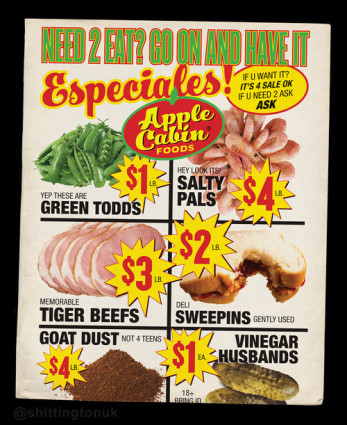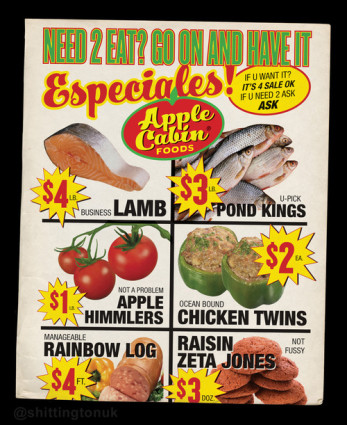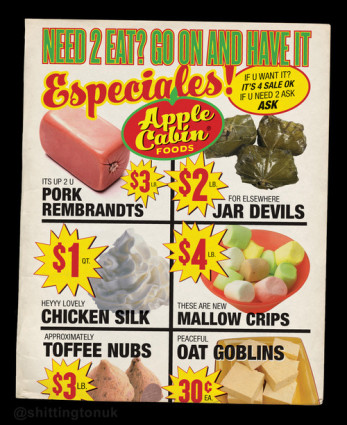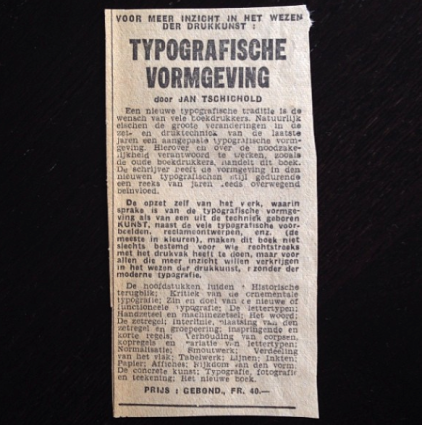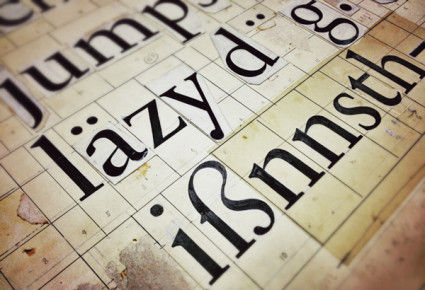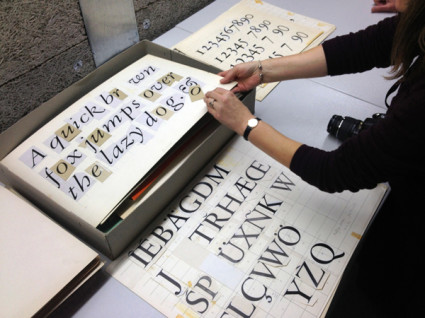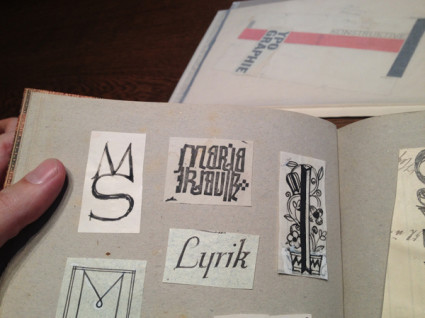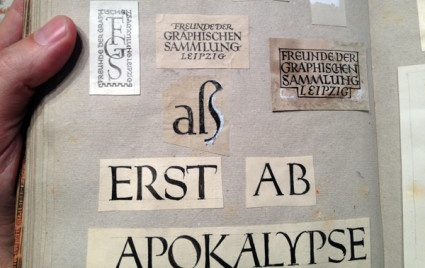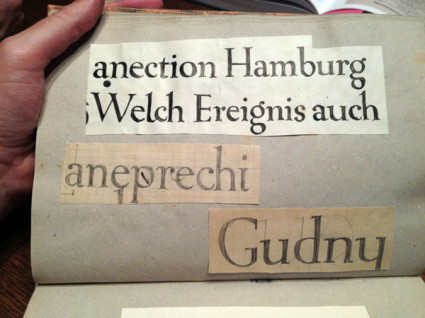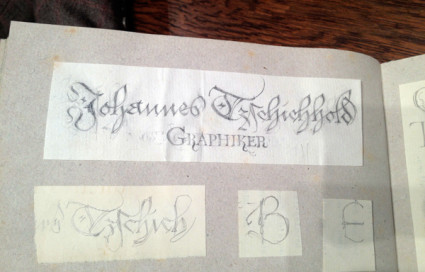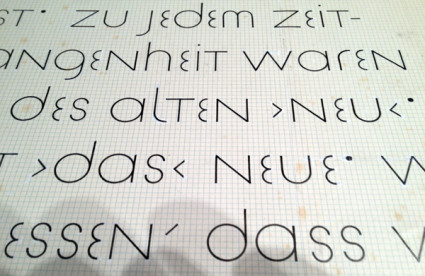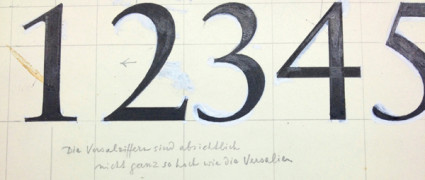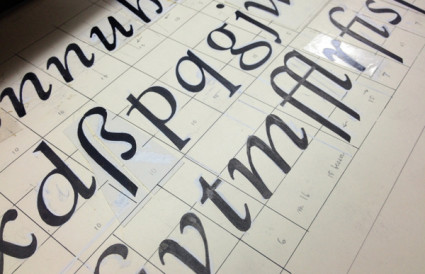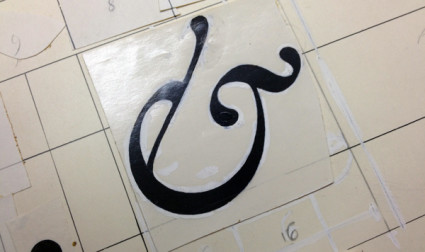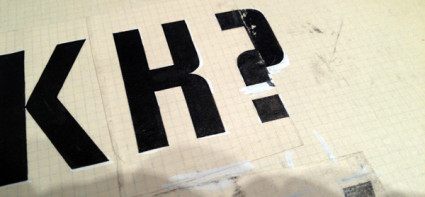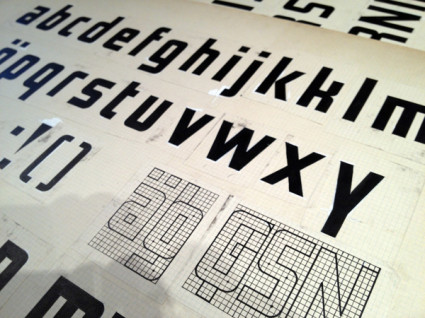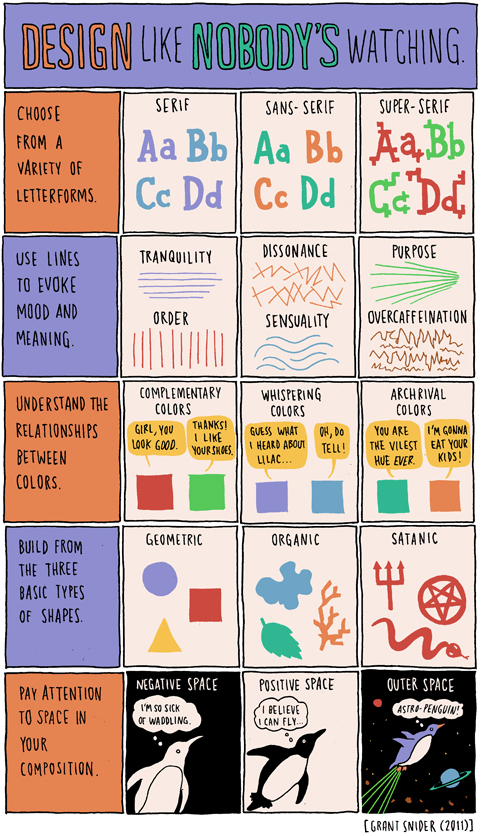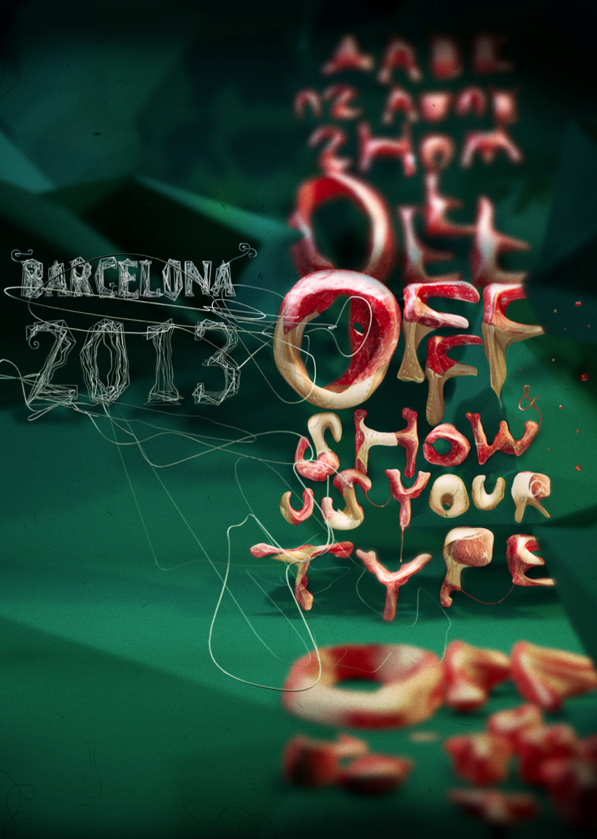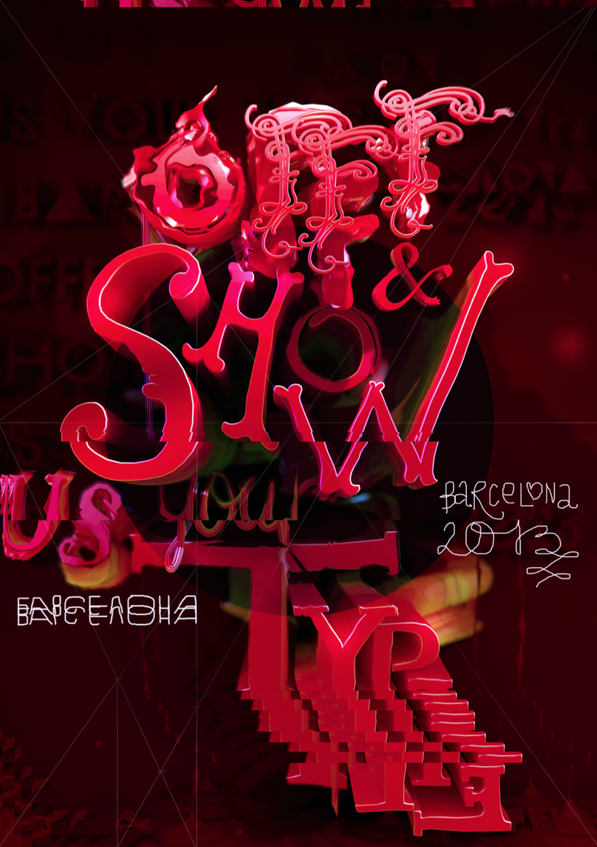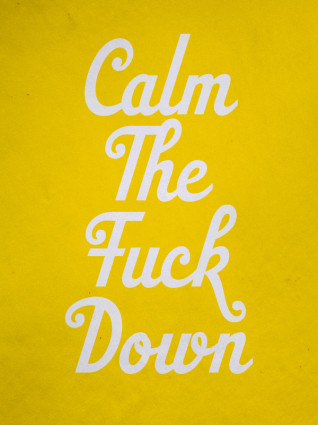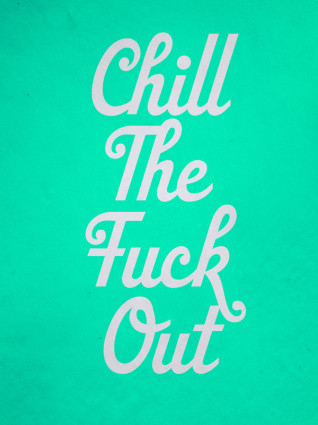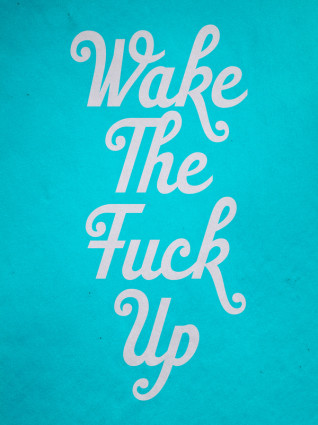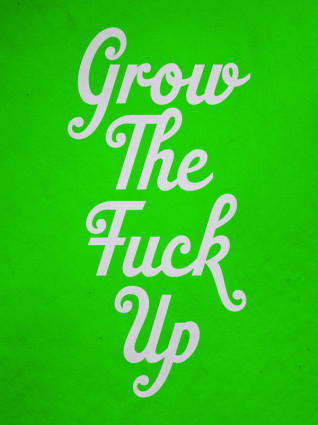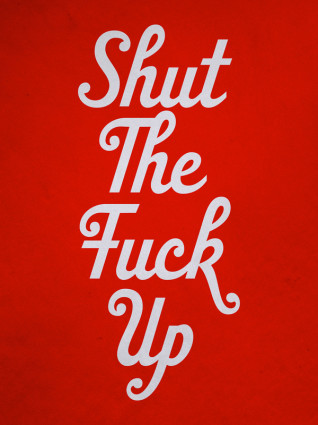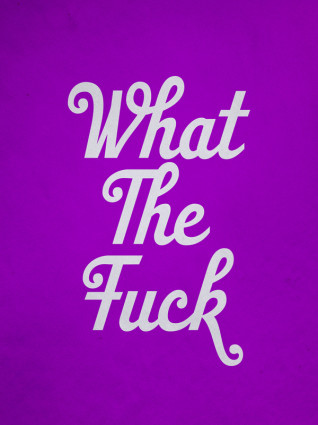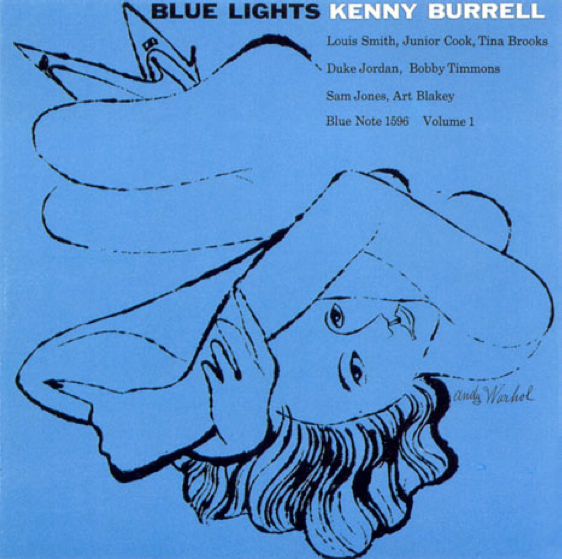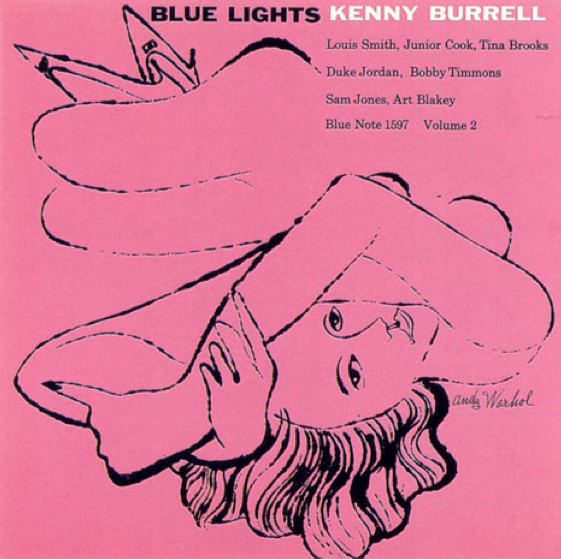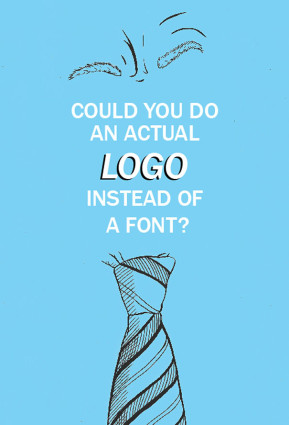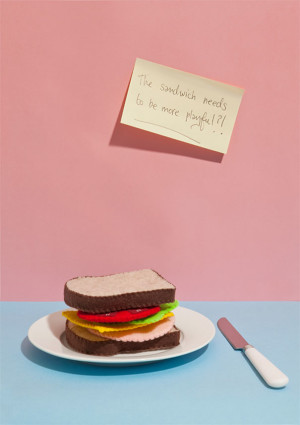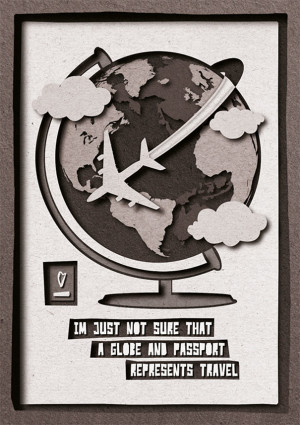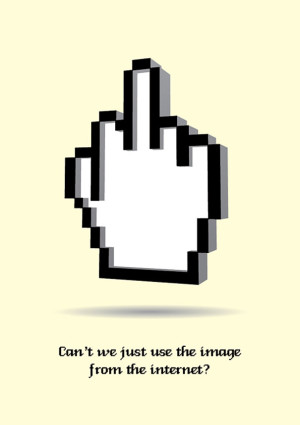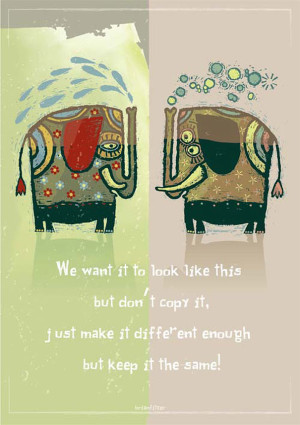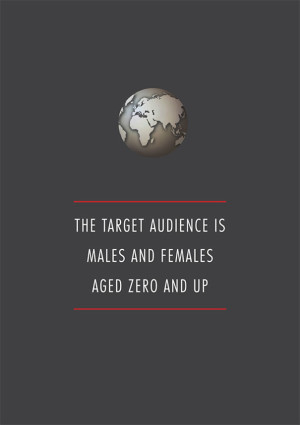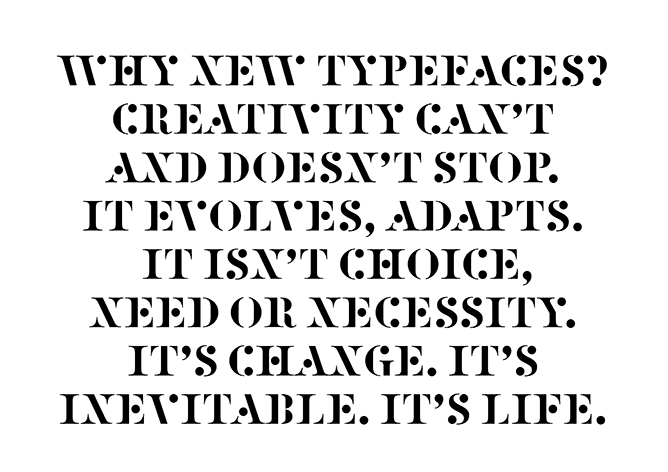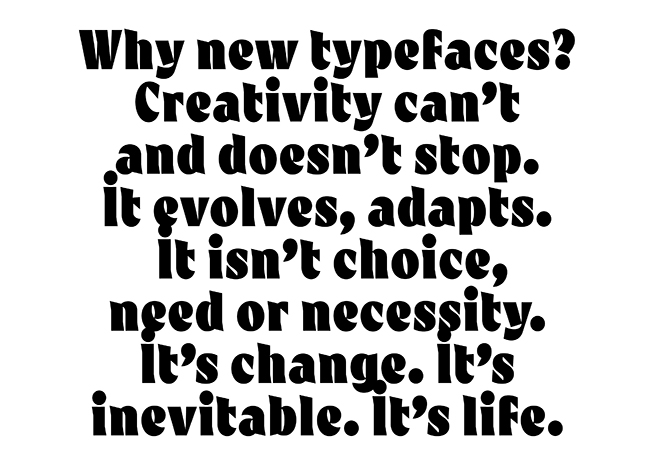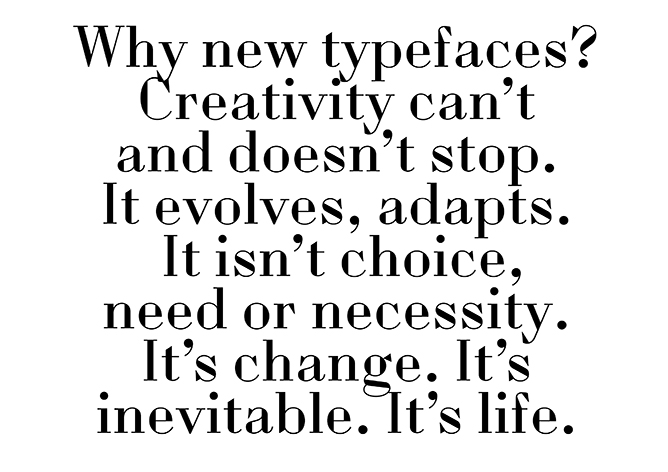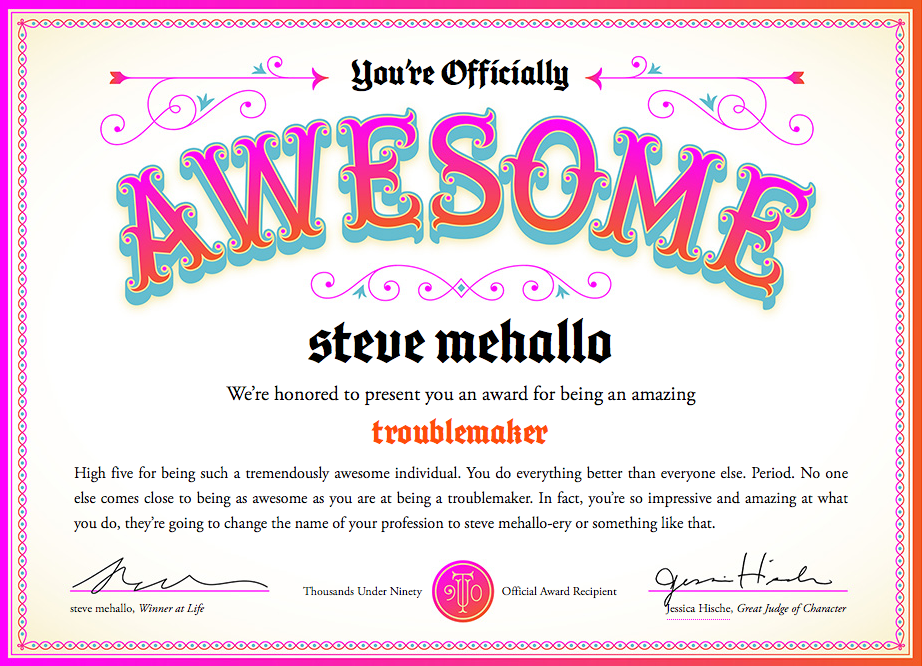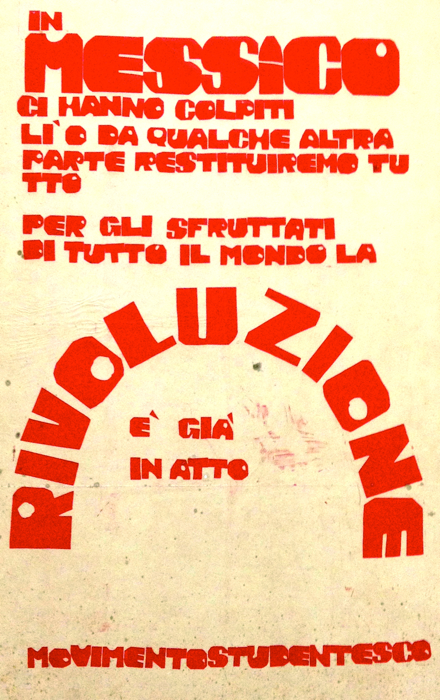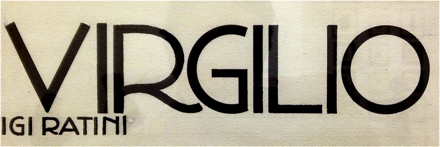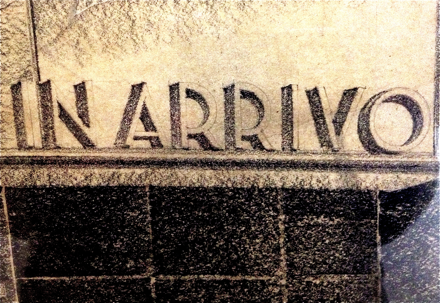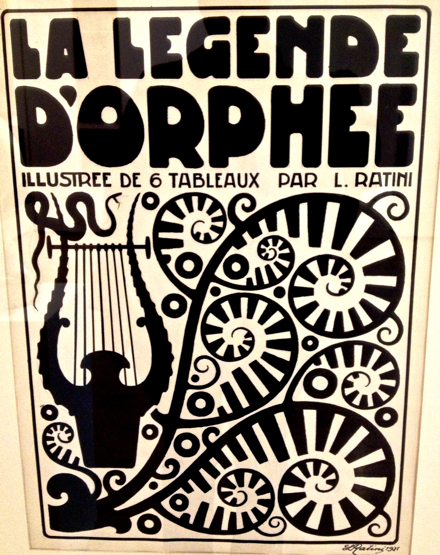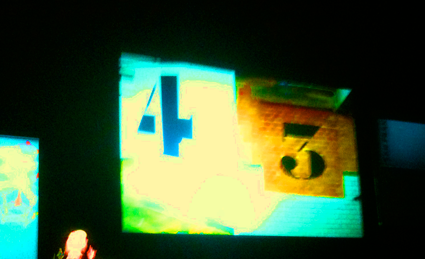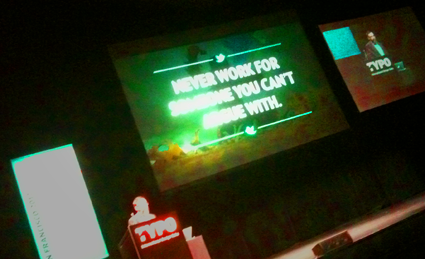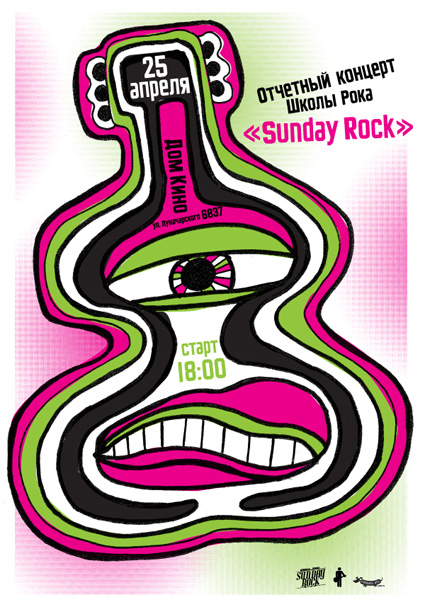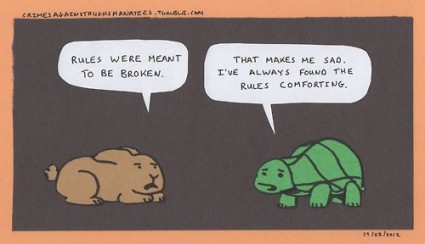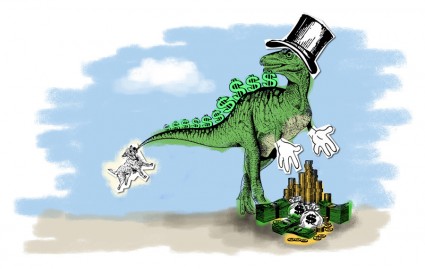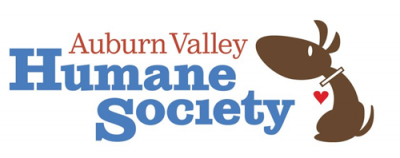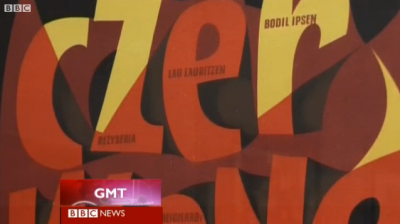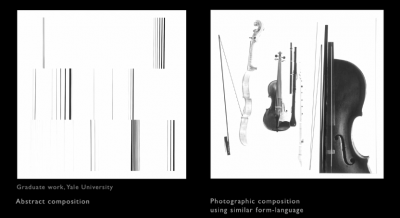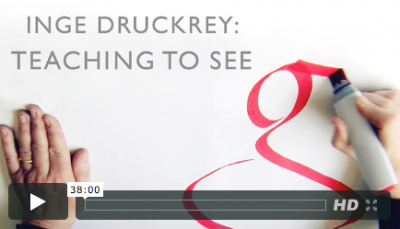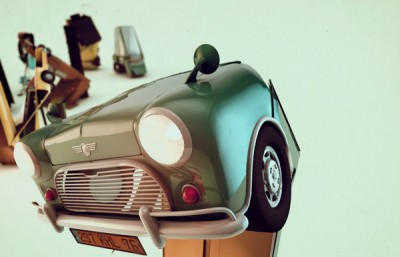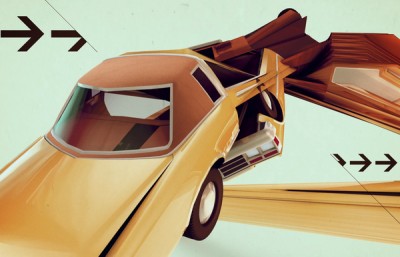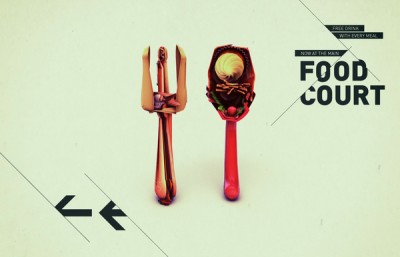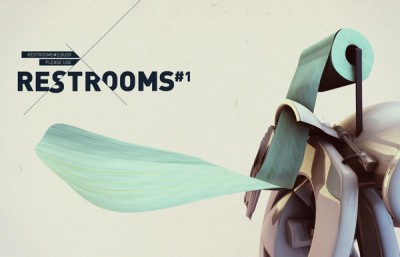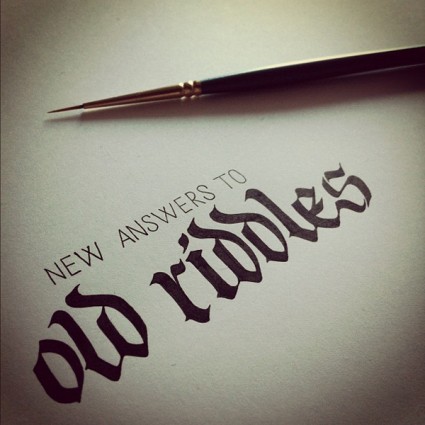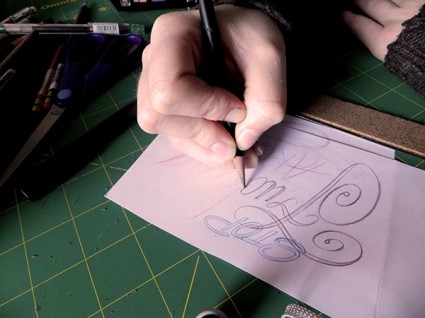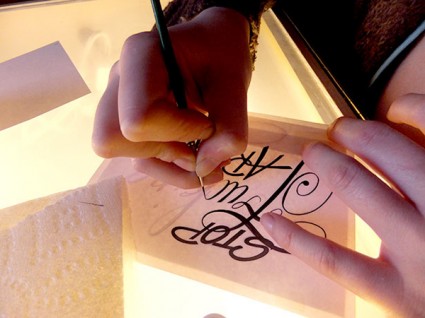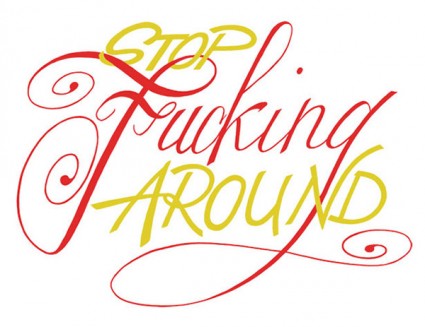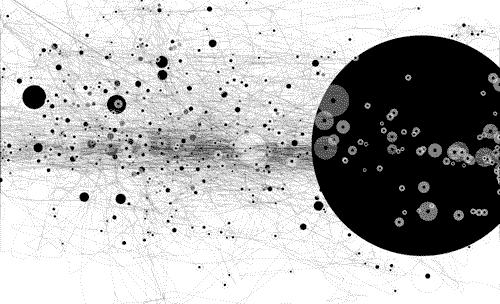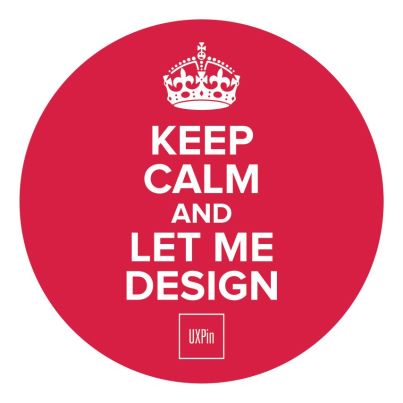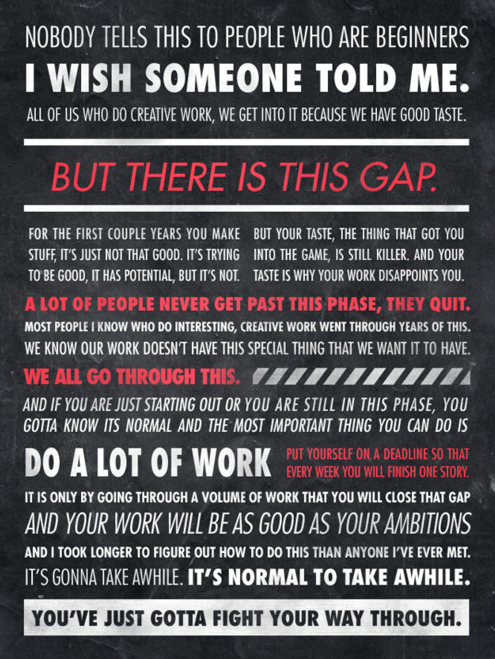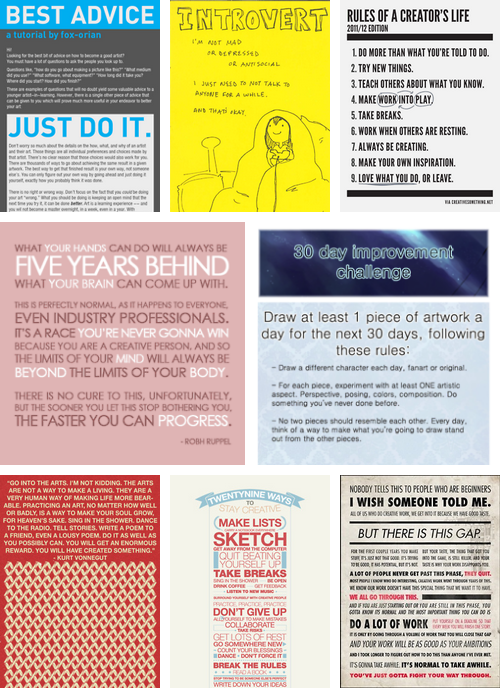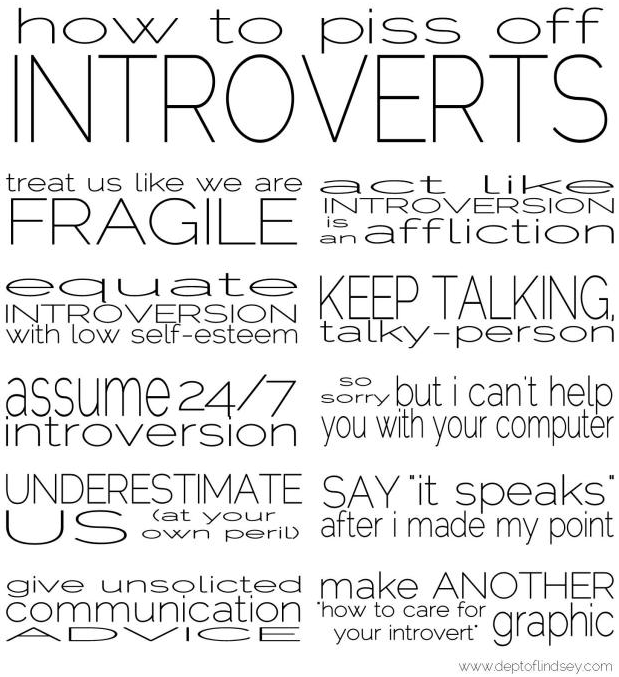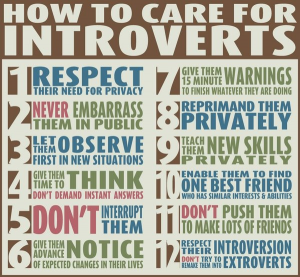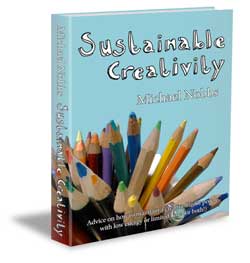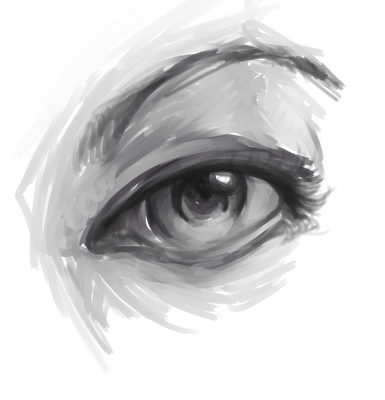
Former student Alice Woodruff posted this list on my Facebook page.
It was written by writer and model Sovereign Syre, co-founder of Darling House. Syre’s ‘Things you should know’ was originally published on blogcritics.org back in 2009.
It’s good thoughts and will probably offend some. Turning off one’s ego long enough to connect with others is often difficult. I have to enact #25 before week’s end. A good, unexpected apology for something I didn’t expect to occur will make someone else’s day. Fingers crossed.
[1] Most people hide their suffering better than you think, you pass dozens of people a day on the street without any idea how well they’re wearing their tragedies.
[2] People’s names are the sweetest sounds they hear. You should make a point of being good at learning and using them.
[3] People love to spread their misery around, but not as much as they enjoy being lifted out of it.
[4] Being young is not in and of itself an achievement. Neither is being beautiful. But people often treat you as if they are.
[5] For a lot of people, music is a reflection of who they are and their relationship to life. Remember that before insulting someone’s favorite band.
[6] The Golden Age never existed. People are always trying to get back to a time when things were simpler and better. The world was a far more dangerous place fifty years ago, especially if you were black or a woman or gay or diagnosed with cancer.
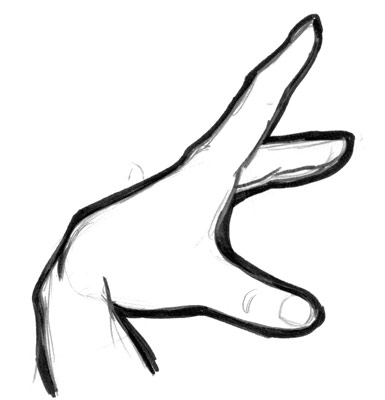
[7] Most people, whatever their choice of profession, feel like complete novices that are about to be found out as frauds and fakers.
[8] Most people love quite helplessly, despite what they would have you believe.
[9] Show me the most beautiful woman in the world, and I’ll show you a man who’s bored with taking her to bed. Show me the most devoted husband, and I’ll show you a woman who feels that he’s just not doing enough. A lot of people are never satisfied because…
[10] Most people have no idea what they want out of life, let alone how to get it. Most others are still waiting for someone to give them permission.
[11] Whatever it is about yourself that you’re trying to hide, it’s usually the first thing someone else notices about you.
[12] You should call your mother and tell her you love her. Like most women who decide to marry and have children or help take care of a dying parent, she probably sacrificed a lot of her dreams to be there for you, and she wishes that you appreciated her more for it. Susan Boyle represented this demographic powerfully, but for every one of her, was a woman like your mother who will never get that standing ovation.
[13] If you tell a man about your problems, he assumes you want some sort of help or advice. If you tell a woman about your problems, she assumes you simply want a shoulder to cry on. Women rarely want to be told what to do about a problem, and men rarely want to be coddled through a hard time.
[14] Creative people thrive on feedback. You can never give them enough of it, and you will endear yourselves to them mightily if you do it frequently, thoughtfully, and honestly. They understand far better than most think, the value of time.
[15] For most people religion is a social commitment more than a spiritual one.
[16] A lot of people who consider themselves intelligent can’t properly label all the states on a map, or all the countries in Europe, let alone Africa or the Middle East. Most couldn’t list off the ten commandments, five pilars, or the amendments of the Constitution, and feel that politics are too complicated to bother with understanding, let alone talking about.
[17] A lot of Christians have never, and will never, read the Bible. Most of them will conduct their lives exactly as they would if they’d never attended a single church service. It is nearly impossible to tell a Christian from an atheist by their actions alone. Both Christians and atheists will probably find the previous statement offensive.
[18] For nearly every crazy idea, you can find a fully credentialed scientist who will back it up.
[19] People are more frequently kind and compassionate than they are fooled by our manipulations or lies.
[20] Life often works in reverse. People treat strangers more politely than their family or friends. People will ask a friend’s band to play their party for free, will call their best girlfriend to come over and cut their hair without a thought to payment, but would never dream of calling a mechanic they found in the phonebook and asking them to donate their time and labor to fix a broken down car.
[21] Everyone has done something they would be desperately embarrassed for anyone else to know about.
[22] Never joke with a man about his sexual performance, and never joke with a woman about her appearance. No matter how much they make fun of these things in themselves, never, never do it for them. They may laugh along with you, but you’ve just driven a tiny needle into their brain.
[23] Most women get married because they want to have a wedding, most men get married because they are ready to settle down with a woman for the rest of their lives. Women, statistically speaking are more likely to suffer clinical depression if married, and initiate upwards of 80% of all divorces citing irreconcilable differences. People expect a significant other to change their lives and make them happy without any conception of how this change will take place. Sort of like assuming a college degree is going to guarantee you security in life without ever thinking of how this can be practically possible. I call this the ‘If you build it, they will come’ approach to romance and one out of every two times it ends in divorce.
[24] Most people are worried they’re not having as much fun as they should be. This usually makes men cheat and women nag.
[25] When you insult or offend someone, always admit it and apologize promptly, even if it wasn’t your intention or you had no idea. It is always better to be a penitent villain than to appear so socially inept as to not recognize when you’ve hurt the people around you. An evil genius is someone to bring to your side, a blundering fool is someone to keep as far away from you as possible.
Sketches by Alice Woodruff
]]>

